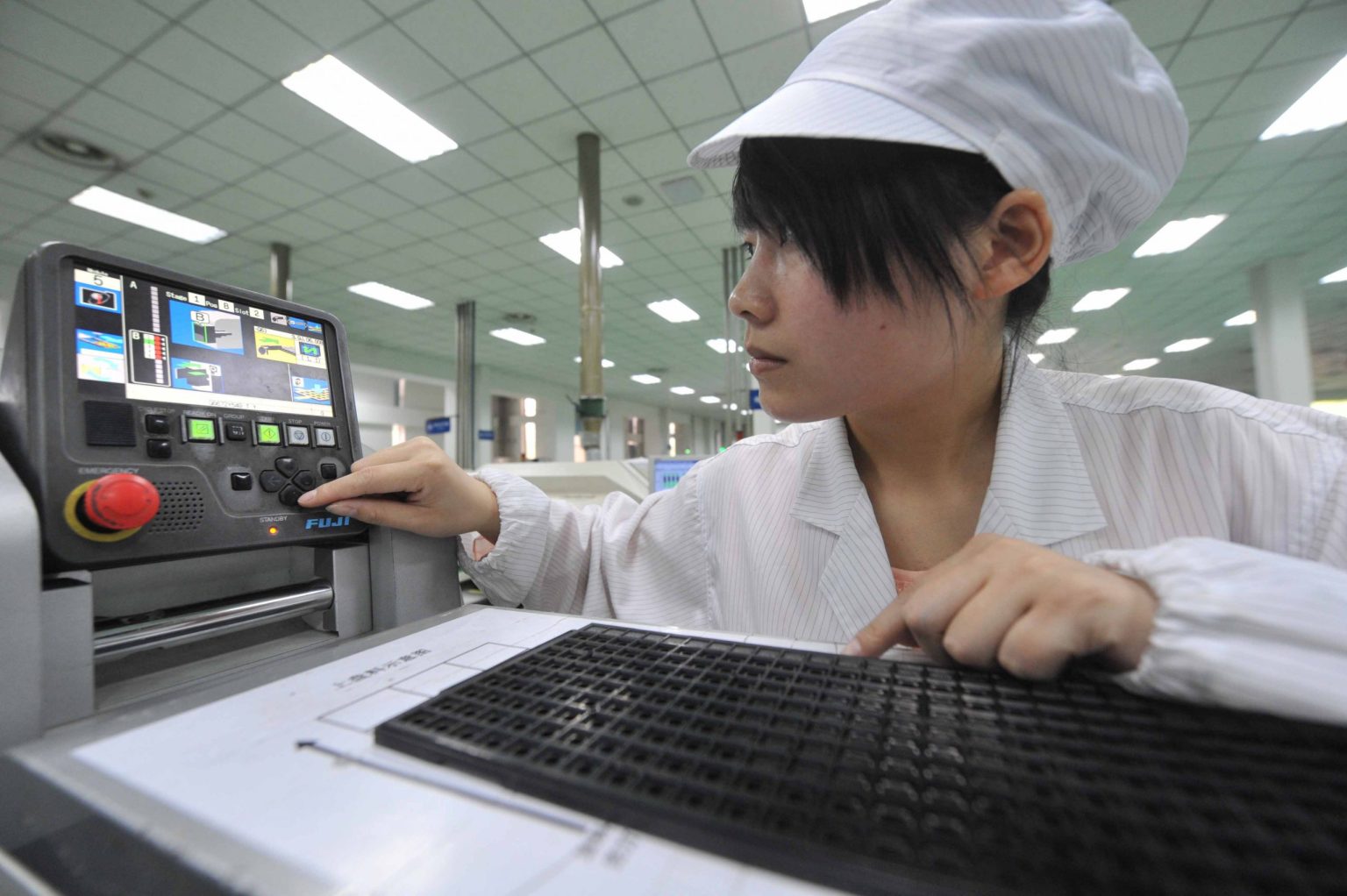Since President Donald Trump took office in the beginning of 2017, the United States has found a new enemy and a new cold war with China. It’s also perfectly understandable that the America First project needs fuel to reinvigorate the national spirit of its supporters.
The Trump regime’s claim is that because of unfair practices China has a trade surplus with the US of nearly $400 billion. It is apparent that the so-called trade war with China perfectly serves to fire up the Make American Great Again campaign.
Are Trump’s accusations correct? Has China raided America’s factories, offshored its jobs, gutted industries, stolen intellectual property and violated commitments under the World Trade Organization? We can read all this in the many, and recent, US State Department tweets.
In my humble opinion the simple answer is no. I believe that the trade deficit between the US and China is caused by some of the major American companies offshoring production to the latter, which according to the logic of the market is motivated by cheaper labor.
When the offshoring company brings its products back to the US, this counts as import. In other words, the US deficit with China is a result of the offshoring practices of the former’s companies, not other way around.
To put it in specific terms, when an Apple laptop or iPhone returns to the US it’s an American product but it’s counted as an import.
On that note, it seems that the notion of unfair Chinese trading is just another form of political bluff – like Russiagate, Bashar al-Assad’s use of chemical weapons, Saddam Hussein’s weapons of mass destruction and many, many more. And like all political bluffs, it serves a particular political agenda.
New Russia
Since China became the new Russia, it’s crucial to recall that it was during Barack Obama’s regime that the Kremlin re-emerged as the No 1 enemy of the US. It’s clear that the current hegemon needs the enemy to justify its largest manufacturing sector – military spending.
The consequence for the newly elected president of the United States was clear, but because he admitted from the very beginning that he wanted to normalize relations with Russia, he had to pick an alternative target.
Three main factors contributed to the Middle Kingdom becoming the convenient replacement.
One was China’s growing willingness to oppose Washington’s provocations. The other was Washington’s need for a scapegoat for its large trade deficit, because it wasn’t eager to blame the powerful global corporations. Another was China’s manufacturing and industrial capability, along with its ambitious plan to be the world’s leader in communications technology such as fifth-generation telecom (5G).
What all this shows is that with or without Trump, the US still shows a determination for hegemony driven by the logic of uniqueness and indispensability, which justifies its lust for imposing its will on the rest of the world.
As long as you dance to Washington’s tune, you’re OK. But if not, then rest assured that you’re on your way to becoming a threat.
Great benefit
Without a doubt, globalization was of great benefit to China and did great harm to the US because it destroyed the American middle class by shipping high-value-added, high-productivity jobs abroad.
This stopped growth in US income. It’s why many who should be in well-paid manufacturing jobs with good pensions and health care find themselves in part-time positions stocking store shelves with no medical care or pension.
As a consequence, we see that debt has been expanded to take the place of the missing growth and consumer income, and more American families are in greater debt. And the more debt service they have, the less discretionary income they have to purchase in the economy, so the aggregate demand declines, creating a situation where the US economy simply can’t grow.
However, it has to be made clear that globalism was the way that US corporations escaped paying workers the value of the marginal product. Instead, they would hire Asian labor for less money, with the difference going into their profits.
Hence it is these companies, not China, that have created a situation where the distribution of income and wealth in the US has been worsened.
While President Trump and people like US Attorney General Bill Barr, who recently labeled China as America’s biggest threat and suggested that it is a “bigger threat than Russia ‘geopolitically, economically, militarily and a threat to the integrity of the US institutions,'” try to find yet another convenient scapegoat for the neoliberal perils by telling deliberate lies, the biggest casualties of this blunder will be the regular Americans whose living standard will be sacrificed, along with the seizure of their pensions and personal savings in order to deter the new “prime enemy.”
I’m not sure if this is exactly what Americans had in mind when they voted for Trump and his plan to make “America Great Again,” but if they had understood what the president and his apparatchiks in the government and the media really meant by this slogan, and what it means for their households and prosperity of their families in the coming years, they’d have understood that it is not China that is their enemy, but the president himself and the system that sustains him.
- Adriel Kasonta is a London-based foreign affairs analyst and commentator. He is the founder of AK Consultancy and editorial board member at the peer-reviewed Central European Journal of International and Security Studies (CEJISS) in Prague. Kasonta is a former chairman of the International Affairs Committee at Bow Group, the oldest conservative think tank in the UK.
























